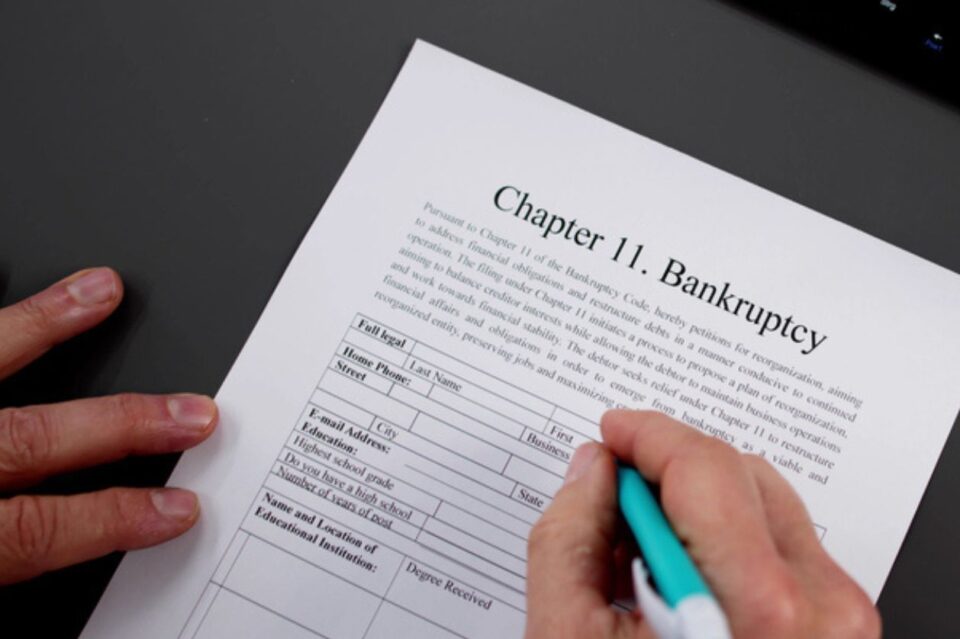Fifth Circuit Holds Amendments to Proofs of Claim After Chapter 11 Plan Confirmation Requires “Compelling Circumstances”

The Fifth Circuit held, in the Highland Capital Management, L.P. bankruptcy case, that a creditor must establish “compelling circumstances” to justify amending its proof of claim after confirmation of a chapter 11 plan.”
The Highland Capital chapter 11 cases arose from the winddown and liquidation of Highland Capital Management, L.P. (the “Debtor”), the investment manager of a fund that had been inundated with investor redemption requests during the 2008 financial crisis. Disputes amongst investors, Highland, and others, ultimately resulted in foreign winddown proceedings and a chapter 11 filing by Highland Capital in the Bankruptcy Court for the Northern District of Texas.
At issue was a proof of claim filed by creditor CLO HoldCo (“CLO”), which asserted a general unsecured claim of approximately $11 million against the Debtor, representing alleged participation interests in certain claims to redeem equity in the Debtor, which the Debtor had purchased prepetition.
During the chapter 11 cases, the Debtor reached a settlement with other creditors, by which the Debtor agreed to cancel the redemption interests forming the basis for CLO’s claim. After the settlement was approved by the bankruptcy court, CLO amended its proof of claim to $0.00.
Eventually, the bankruptcy court confirmed the Debtor’s chapter 11 plan of liquidation, and a liquidating trustee was appointed to oversee the liquidation of the Debtor’s remaining assets. When the liquidating trustee assumed control of the Debtor’s bankruptcy estate, it initiated a lawsuit against numerous parties, including CLO, and objected to CLO’s amended $0 proof of claim.
CLO, despite making previous representations to the bankruptcy court that its amended claim actually was $0, then filed a second amendment to its proof of claim, along with a motion seeking the bankruptcy court’s ratification of the second amended claim. The second amended claim asserted a new theory of recovery for a $4 million claim on account of CLO’s asserted interests in the now-canceled redemption claims, alleging that the cancellation gave rise to a credit of approximately $4 million to CLO.
The bankruptcy court denied CLO’s ratification motion, and it was ultimately appealed to the Fifth Circuit Court of Appeals. The Fifth Circuit adopted the bankruptcy court’s reasoning for effectively expunging the second amended claim, holding that compelling circumstances are required for a creditor to amend its proof of claim post-confirmation claim.
The Fifth Circuit, citing case law from the Seventh and Eleventh Circuits, held that, unlike pre-confirmation amendments to claims, more is required post-confirmation because “a confirmed plan of reorganization is equivalent to a final judgment in civil litigation…This potential res judicata effect justifies ratcheting up the legal standard because post confirmation amendments may ‘mak[e] the plan infeasible,’ ‘disrupt the orderly process of adjudication,’ and ‘alter the distribution[s] to other creditors.’”
The Fifth Circuit ultimately affirmed the bankruptcy court’s decision to expunge the second amended claim because the bankruptcy judge had “considered several equitable factors, including the fact that [CLO] did not identify any appropriate reason — let alone a compelling reason — for its nearly year-long delay in seeking a post-confirmation amendment.”
While the facts of the case were complex, creditors and their counsel must beware of the potential for their claims to be fixed as of the time a chapter 11 plan is confirmed and vet the potential theories and bases for claims against a debtor to protect their interests in chapter 11.